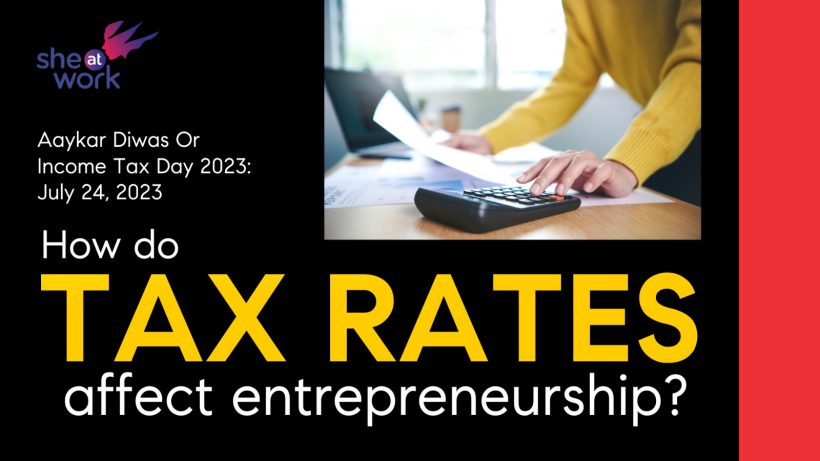Income Tax Day or ‘Aaykar Diwas’ is observed by the Income Tax department on July 24 every year – to commemorate the introduction of provision of income tax in the country. This is the 163rd anniversary of Income Tax Day.
Going back in history – on July 24 in the year 1860, Sir James Wilson introduced income tax for the first time in India – to compensate for the losses incurred during the first war of independence in 1857. Incidentally, ‘Aaykar Diwas’ was celebrated for the first time on July 24, 2010 – to mark 150 years of income tax in India.
Since income tax was first levied as a duty in the year 1860 and the authority to levy that duty came into force on July 24 of that year, it just happened that the decision came around to celebrate this day as Income Tax Investiture Day.
Looking at the situation, the Income Tax department (headquartered in New Delhi) is responsible for direct tax collection for the Government of India. It functions under the Department of Revenue in the Ministry of finance, and is headed by an apex body called the Central Board of Direct Taxes (CBDT).
Tax rates & entrepreneurship
The precise impact that tax rates have on small business growth and job creation is frequently debated, especially when any tax rate changes appear on the horizon. This debate is mix of many elements – politics, and economists have yet to agree on exactly how large the rates of taxation typically loom in the minds of current and potential entrepreneurs.
Personal income taxes, capital gains taxes and payroll taxes – all leave individual entrepreneurs with less expendable capital. The higher the tax rate, the more capital is drawn out from the entrepreneur and it passes on into the hands of the government.
Therefore, theory holds that higher tax rates leave entrepreneurs with less money to reinvest in their businesses, leading to less job creation.
So they can get into activities like – donating, which saves tax. Donating is a unique way of saving your money on tax (where you are performing a good deed)! But, remember that only donations to registered charities will allow you to save tax. So you can donate to PM’s relief fund, political parties or registered charities to get 100% tax relief.
Plus it would be wise to invest more in marketing. If you are still using the old methods of marketing, then it’s high time that you evolved and started implementing digital marketing for, it helps you reach out to more potential customers, thereby increase the chance of ringing in new customers. This will also benefit you from the tax point of view – as marketing expenses are eligible for tax deductions. Consequently, it will not be a bad idea to increase budgets for marketing!!










